Yara (2021): An Unfocused True Crime Narrative
The trouble with Yara (2021) is that in its attempt to tell the whole story, it struggles to tell a consistently engaging story.
Incluvie Foundation Gala - Learn More
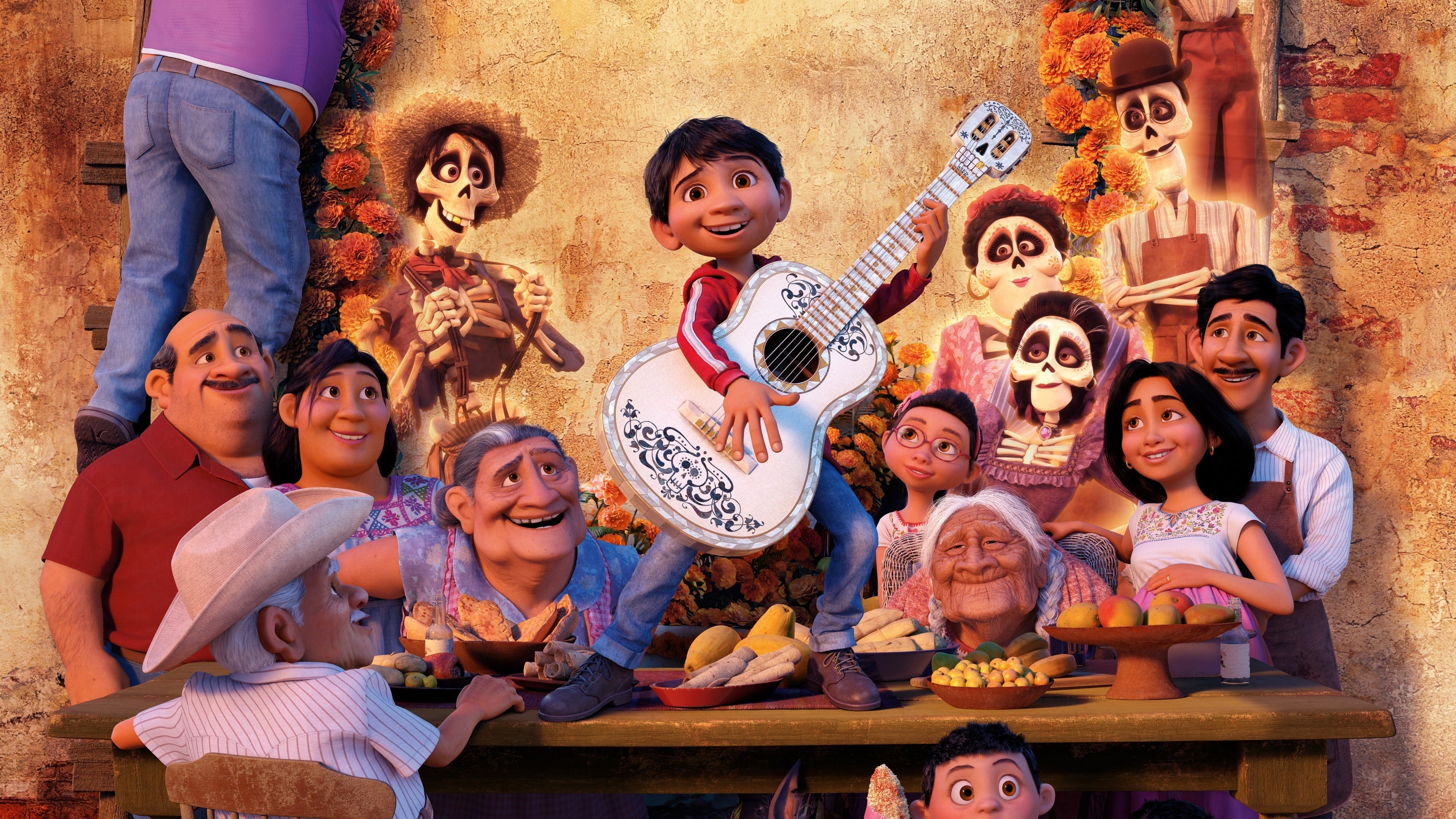

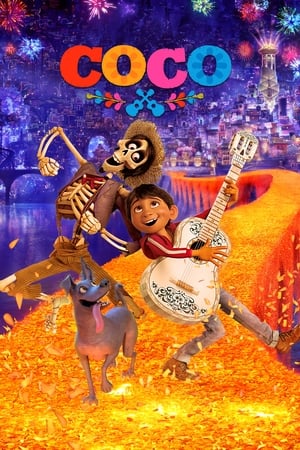


We have chosen our favorite soundtrack songs from the modern music period (2010+). We hope you enjoy the diverse soundtrack music represented here by artists spanning different genres, countries, and continents.
*Warning, some songs are sexually suggestive, viewer discretion is advised.
Few things in the realm of entertainment are able to replicate, let alone surpass, the enchanting and fantastical worlds of Disney Studios. Their magical wonderlands and blissful worlds have been captivating audiences for almost a century and I am no exception - some of the most influential media from my childhood up to now have been products of Disney. But I'm not here to celebrate or excuse them, they have a glaring and, up until recently, unaddressed issue that spans nearly its entire lifetime - an absence of diversity. And that doesn't really even begin to express the gravity of the issue, it's more an avoidance of diversity, a conscious effort to neglect any competent minority representation. It wasn't until 69 years later that Disney finally released a film featuring people of color in 1992's Aladdin - with an all-white voice cast. And three years after that with one of the most beautifully animated films Disney has ever produced in Pocahontas in 1995, which actually utilized Native American talent such as Irene Bedard, James Apaumut, and Russell Means, amongst others, to voice its Native American characters, but also has one the most backwards and problematic narratives Disney has ever offered. It wasn't until Mulan in 1998 that Disney finally made a feature film about non-white characters, starring (primarily) non-white actors, that made actual progress towards inclusion and even as it relates to trans representation as discussed here, which is something the rest of the industry still has yet to make significant progress on. But with that being said, since 2009's Princess and The Frog, Disney has seemingly made an effort to release films featuring a variety of cultures that stand alone and above many of their other projects.
But they still have a ways to go. While they have made enormous leaps in way of Hispanic and Asian representation with fantastic films like Coco, Moana, Raya and the Last Dragon, Encanto, and most recently Turning Red, they have fallen behind on the front of Black representation, with only two films, 11 years apart, featuring a Black main character. Princess and The Frog and 2020's Soul. This lackadaisical attitude they seem to have is a bit alarming, and as great as I thought Soul was, there was one stand-out issue: the main character, Joe Gardners (Jamie Foxx), has his soul swapped into the body of a housecat while 22 (Tina Fey), a yet to be born soul, is transferred to his body, thus removing any sense of individualism he once had, and even plays him off as a joke at times. This is, unfortunately, the case for a not-insignificant portion of the film. Joe spends a lot of time as a tamed, talking cat while a white woman is voicing and acting in a black body. This doesn't entirely ruin the film or detract from what is otherwise beautiful, but the decision to commit to this frame of storytelling for such an extended duration is a bit perplexing, especially given it received so much praise for its depiction of Black culture. Though the film does have a number of themes permeating throughout, it can feel a touch crammed, which ultimately leads to getting even less time with Joe Gardner - the man. And for those of you who have seen it, you know he isn't devoid of development, as Joe and 22 rely on one another to learn about multiple different aspects of life. But it still remains that he isn't his own person for much of the movie, and I would have loved to see a version of the film where Joe still gets to experience that same development while being in control of his own actions. I don't entirely know how something as glaring as this went overlooked at Disney, and Pixar too for that matter. (Editor's note: especially after how Princess Tiana was trapped in the body of a frog for most of Disney's Princess and the Frog.)
This also isn't the only misstep they've taken recently. Disney recently had a scene for the upcoming Pixar film Lightyear removed, that features a same-sex kiss. Fortunately, Pixar employees demanded it be restored and Disney complied, but why was it taken out in the first place? Disney seems insistent on reaming stagnant when it comes to inclusion and trying to represent all types of people. When they move, they move slow, and the progress is minimal, but at the end of the day, it's progress nonetheless. With films like Luca, which many argue is LGBTQ+ coded given the relationship between the two main characters, Disney clearly has the potential to tell incredible stories revolving around same-sex relationships if they just stop with the 'no-homo' environment they seem to be pressing. I personally think it's time for Disney to stop with the tip-toeing and release a film with proper representation for groups of people they have otherwise hidden as background ambiguous easter eggs, and simply deal with whatever controversy they would inevitably receive. Because let's be honest, with the success of their animated features, not to mention their little properties known as Star Wars and the MCU, it's not like they have anything to recover from financially. So bite the bullet, Disney: you have no reason not to.
A lot of us are emotionally impacted by the current pandemic. So, while we’re all stuck here in our homes, it’s great to put on a movie to ease the stress. With that, I made up a small list of some of my favorite feel-good movies.
A timeless classic, and probably the most quotable movie ever, The Princess Bride is the story of the dashing farm-boy turned pirate: Westley (Cary Elwes) and his beloved, Buttercup (Robin Wright) overcoming obstacles against Prince Humperdinck (Chris Sarandon).
The Princess Bride is funny, heartwarming and while some of the dialogue can be cheesy, again, it’s so gosh darn quotable you can’t help but say the lines at any chance you get.
(Spoiler warning for major plot points.)
From the same man who brought us In the Heights and Hamilton comes Lin-Manuel Miranda’s Vivo (2021) on Netflix! The story follows the journey of the titular character by the same name who is a musical kinkajou. Taken in by his human companion Andrés, Vivo learns to play different instruments and the two perform together in the town square of Havana, Cuba. When a letter from an old friend and music partner of Andrés comes, he reveals that he loved her and never got to confess. Andrés even wrote a song about his feelings, and through a series of events, it's up to Vivo to deliver it.
My first surprise from Vivo is how Andrés dies early on in the film. That caught me off guard! Based on what I knew of the movie, I assumed he’d be a main character throughout. I think this was ultimately a good narrative decision. It adds a bittersweet undertone throughout the story beats, and stands as a connection between Vivo (Lin-Manuel Miranda) and Gabi (Ynairaly Simo), as she's also lost someone close to her — her father. Gabi herself was far less irritating than I anticipated. I fully expected her to solely be a jokey comic relief archetype, but she does have depth. Sure, she’s has a big personality and is outgoing, but she can be taken seriously when the scene calls for it. And despite being displayed throughout most of the movie to be untalented, Gabi has decent vocals, which was a nice detail. I liked how as their relationship developed, Vivo eventually taught her to have more rhythm. It’s a nice way to further establish their bond outside of both of them experiencing loss.
As can be inferred, just as many other of Lin-Manuel Miranda’s properties. Vivo is thoroughly musical, with many songs throughout its run time. Something I appreciated about the movie is how the lyrics are actually understandable. The characters sing fast, but I still received what they were trying to convey. This was a problem I had with Hamilton — I could barely keep up with what was being said and plot details were lost on me.
It was also enjoyable how throughout many of the music numbers, animation suddenly became stylized! The 3-D animation is polished and smooth enough, but it's not as impressive compared to bigger companies like Pixar or Dreamworks. However, the instances where the graphics are experimented with in 2-D or neon colors getting incorporated were exciting to look at!
Make way for more Latine representation! Disney has released a beautiful new poster and toe-tapping musical trailer for their 60th animated film, Encanto, with music from Lin-Manuel Miranda. Encanto follows the Madrigals, a family living in a magical house in the mountains of Colombia where each child receives an “Encanto”, or a gift that gives them magical powers. The trailer shows Madrigal children who have super strength, shapeshifting abilities, plant-growing powers, and an affinity for animals. But one child has no gift -- 15-year old Mirabel struggles to find a place in her family as the only one who’s “not special.” However, when she discovers that something is threatening the magic of the Encanto, she decides she may be the only one who can save it.
Mirabel is clearly known as the black sheep of her family. At one point, someone hands her a basket of trinkets and even says, “I gave you the special since you’re the only Madrigal kid with no gift. I call it the ‘Not Special Special,’ since, uh, you have no gift!” Yet Mirabel later says, “Gift or no gift, I’m just as special as the rest of my family.”
In a statement following the trailer’s release, Stephanie Beatriz, who voices Mirabel, said "Mirabel is a really funny, loving character who also deeply yearns for something more. She's also not afraid to stand up for what she knows is right — something I love and relate to very much. I'm Colombian on my father's side, and playing this role fills me with immense pride."
I can’t help but be excited to see that most of the Encanto cast descends from Colombia, a decision affirming that all Latines are not interchangeable, as popular media frequently depicts us. The cast includes:
TW: Body Dysmorphia, Misogyny, Sexual Harassment
Like all modern societal phenomenons, it started with a meme. This one highlighted that when there’s a mom in a Pixar film, she is almost without fail given striking curves that highlight the bottom half of her body following a minuscule waist. From Elastigirl to the skeletal Mama Imelda, the animation giant’s artists seem to have a fixation on making exaggeratedly curvy maternal characters. It could possibly be argued as body-positive by having some non-skinny bodies on-screen — and occasionally that is actually the case, like with Laurel Lightfoot in Onward and Dorothea Williams in Soul. More often than not, though, the mothers in the Pixar universe are given these outrageously proportioned bodies that are so far from most women’s physical realities. In addition to being completely inaccurate, it further sexualizes these strong female characters and reduces them to their physical attributes in ways their male counterparts seldom experience. Pixar men have the luxury of diverse and realistic physical attributes from balding to beer bellies to scrawniness alike. This mother-specific trope reached an irredeemable peak in 2016’s Inner Workings – aka the short film released before the most revolutionary Disney princess to date, Moana. Un-shockingly directed, written, and produced by all men, the animation of the film gives each female character a gratuitous behind and the smallest of waists.
What over-proportioned women have to do with the plot is beyond me. The dialogue-less short film follows a regimented young man on his way to work and his decision to prioritize having fun at the beach instead of being stuck in his brick-in-the-wall job. In the end, he takes half the day off, turns his workplace into a disco… and then everyone is partying while working? The true uniqueness of it comes through the anthropomorphic organs of the main character where the brain and heart fight over control of his fate. The moral of this film, I gather, is to have fun and not get stuck in a dead-end job – as if people can help that with the structural barriers that keep most from the necessities needed to achieve their dream.
Besides the generic messaging of “follow your heart”, it also advertises a grossly over-sexualized image of femininity with the design of the love interest. The young woman, pictured below, is given a large posterior and the smallest waist to be seen yet on a Pixar character (even skinnier than the skeletal great-great-grandmother in Coco). She does have some sort of career aspiration, namely selling sunglasses at a kiosk, but she only laughs and smiles and has no real depth beyond being a possible romance for the main character. If anything, she acts as a reward for his learning how to loosen up. She gets more of a storyline in the credits, where three still images show the new couple falling in love, on a bicycle together, and having two children. The only “positive” views of her seen in the entire short are that she’s the only female “character” (though barely that) and in the last picture she appears to have stretch marks on her thighs (though it could be a glint of water). Basically, this character assumes a hyper-feminine archetype where her only roles are to be pretty/ideal for the male gaze, be silent, and engage in nuclear family norms as both mother and lover. Even the women in the background all (literally all) have a similar fictiously inflated body type. Whether they’re sitting at the café or in the out-of-focus background, a point is made of them being there and visible as part of an alluring aesthetic.

Despite his family’s baffling generations-old ban on music, Miguel dreams of becoming an accomplished musician like his idol, Ernesto de la Cruz. Desperate to prove his talent, Miguel finds himself in the stunning and colorful Land of the Dead following a mysterious chain of events. Along the way, he meets charming trickster Hector, and together, they set off on an extraordinary journey to unlock the real story behind Miguel's family history.
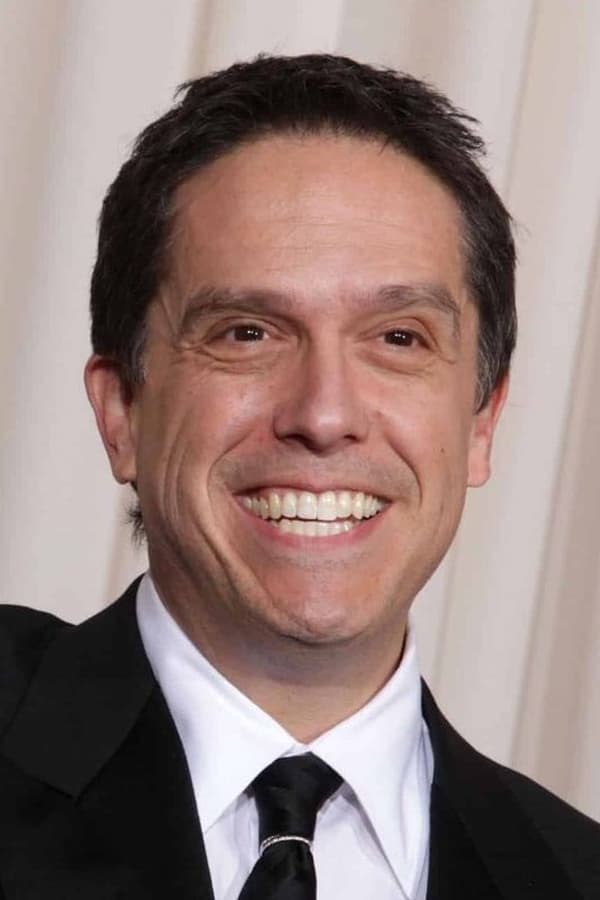
Lee Unkrich
Director

Lee Unkrich
Director
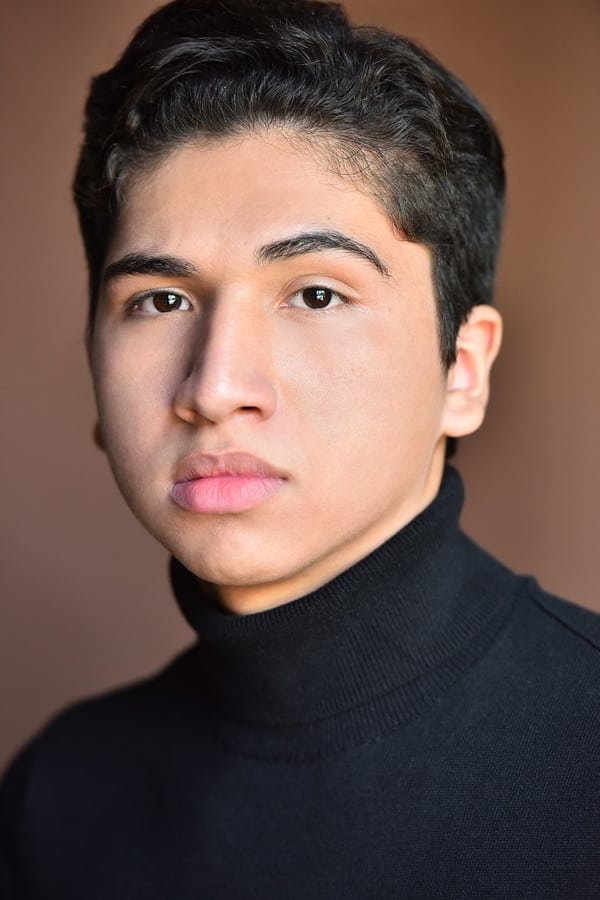
Anthony Gonzalez
Miguel Rivera (voice)
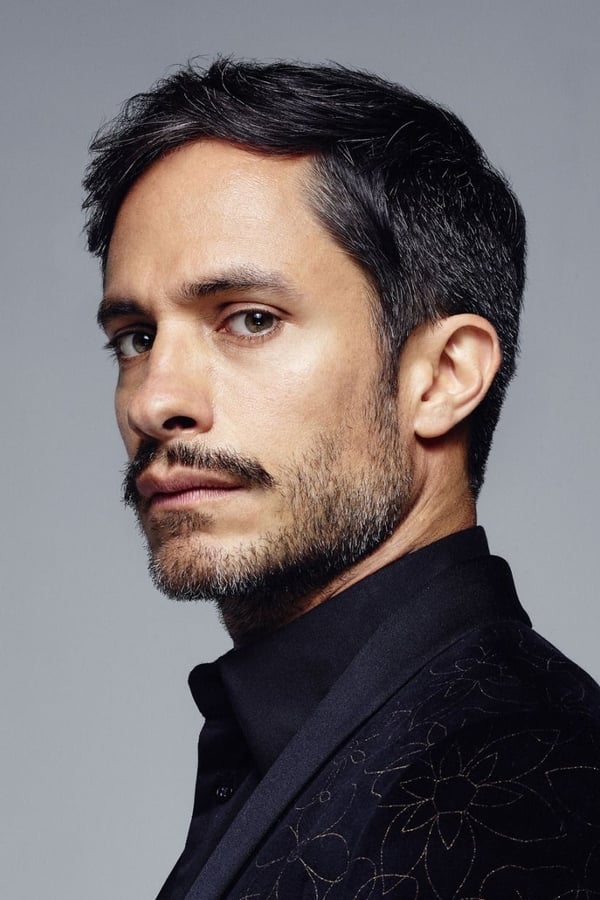
Gael García Bernal
Héctor (voice)
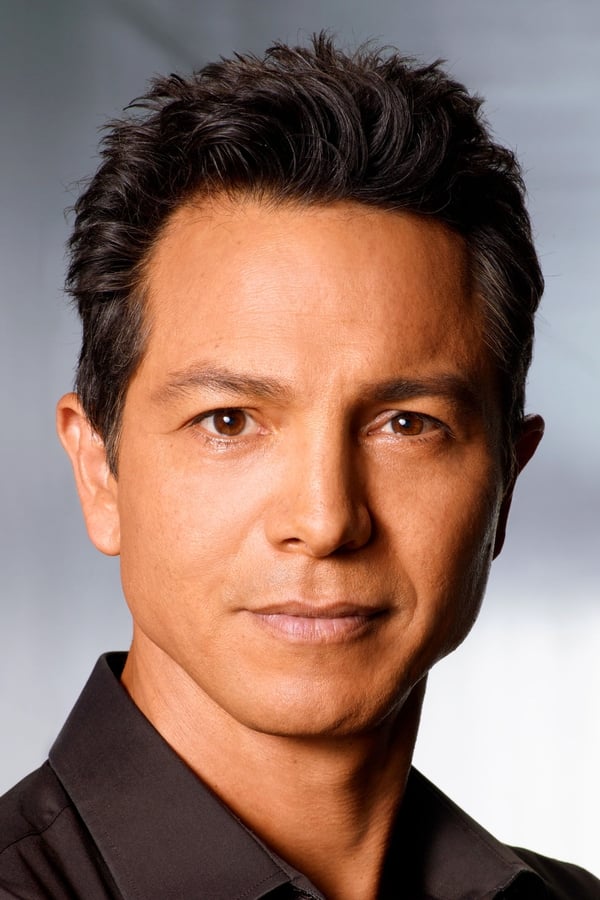
Benjamin Bratt
Ernesto de la Cruz (voice)

Alanna Ubach
Mamá Imelda (voice)
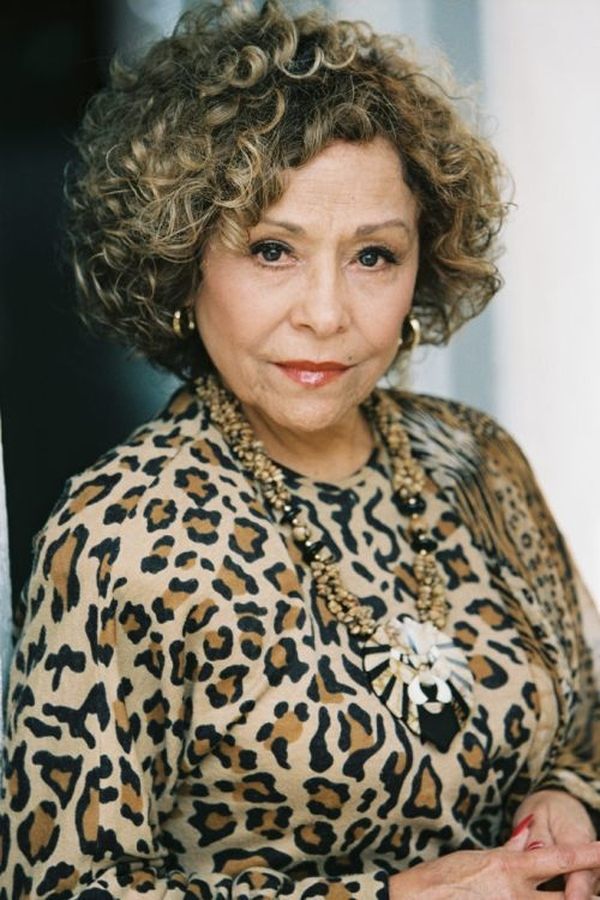
Renee Victor
Abuelita (voice)
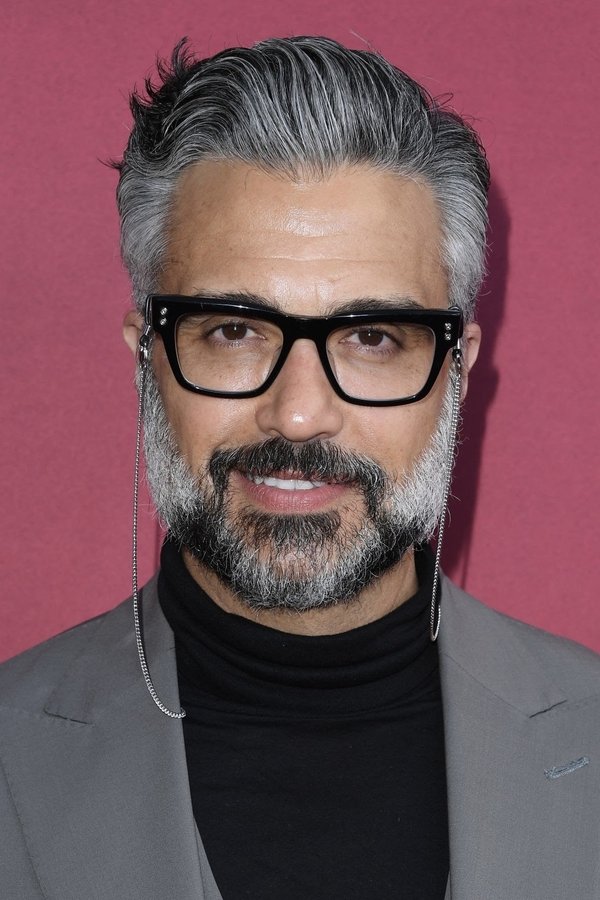
Jaime Camil
Papá (voice)

Alfonso Arau
Papá Julio (voice)

Herbert Siguenza
Tío Oscar / Tío Felipe (voice)

Gabriel Iglesias
Clerk (voice)

Lombardo Boyar
Plaza Mariachi / Gustavo (voice)
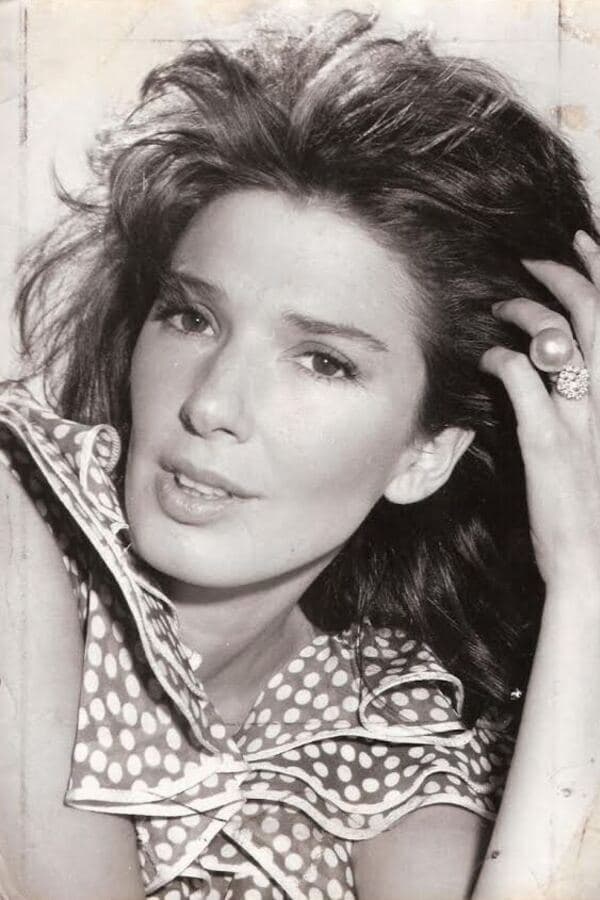
Ana Ofelia Murguía
Mamá Coco (voice)
The trouble with Yara (2021) is that in its attempt to tell the whole story, it struggles to tell a consistently engaging story.
This film is a splendid mix of mediums, but its strength lies in its simplicity and beautiful message of closeness.
Overall this movie was an easy watch, but by no means a worthwhile watch.



